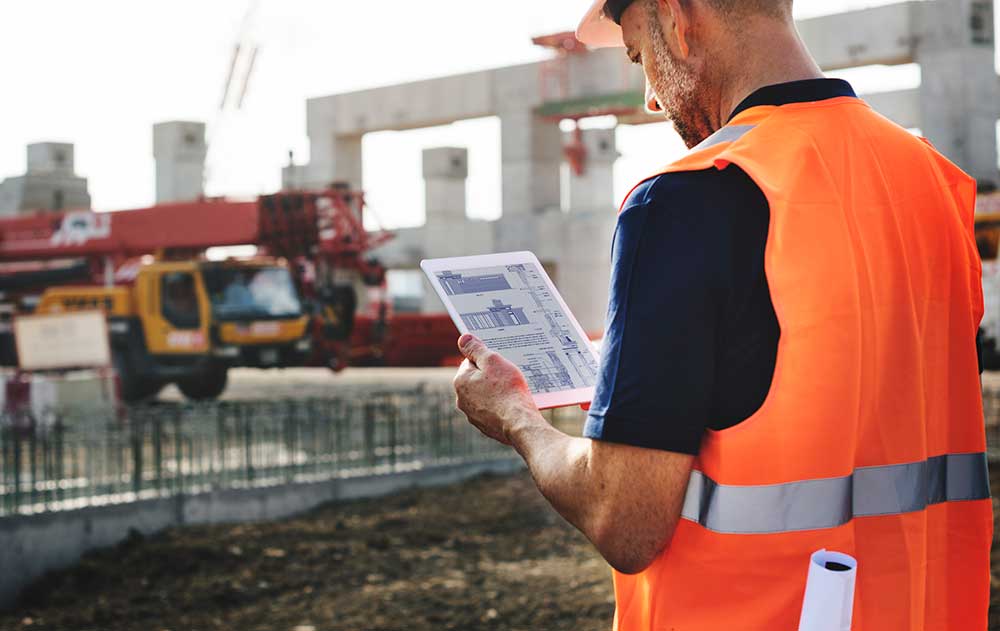
Building Control Surveyor
Careers Explorer:
Overview
Who ya gonna call when a building has been damaged by fire or bad weather? A Building Control Surveyor!
You will often need to inspect an unstable building in an emergency, recommending whether it can be repaired or even demolished.
Your role is vital in the planning and construction phases of a variety of projects, from being involved in small house extensions to major city developments.
You will often suggest ways to improve the energy use of building to people like the construction manager and starting legal proceedings should work not be in line with regulations.
Excellent communication is needed as this is a highly customer-facing role, requiring diplomacy and assertiveness. Remaining impartial using the powers conferred on you is required, as you will prosecute if necessary, to protect the health and safety of people, and the wider environment.

Top 5 Tasks
- Ensure a safe, healthy and sustainable built environment in compliance with the Building Act 1984 and its legislation
- Meeting with architects and engineers to discuss proposed schemes
- Liaise and communicate with the public and clients
- Issue completion or final certificates when work has been carried out satisfactorily
- Carry out site visits.
Salary
Newly trained building control surveyors can earn in the region of £21,000 – £27,000 and those trained with experience can earn in the region of £30,000 – £40,000.
Senior, chartered or master Building Control Surveyors can earn in the region of £40,000 – £60,000.
Salaries depend on location, employer and level of responsibility. Salaries and career options also improve with chartered status.
Am I Suited?
- Excellent communicator
- Assertive
- Analytical
- An artist
- Team player
Qualifications
To become a building control surveyor in England and Wales you will need either a BTEC HNC/HND or a degree in building control. It is important to study an accredited degree which would meet the requirements of a professional body, either The Royal Institute of Chartered Surveyors (RICS) or the Association of Building Engineers (ABE).
The entry requirement will typically be a minimum of three A-Levels at Grade C or higher or a Level 3 apprenticeship in a construction or property related discipline, but varies.
As a building control surveyor, you can also become chartered. Becoming chartered means you have proved that you are highly experienced and skilled at doing your job. It is comparable to a bachelor’s degree and is recognised all over the world.
You can achieve chartership through the relevant professional institution for the career you are following. For building control surveyors, this is the Royal Institution of Chartered Surveyors (RICS).






